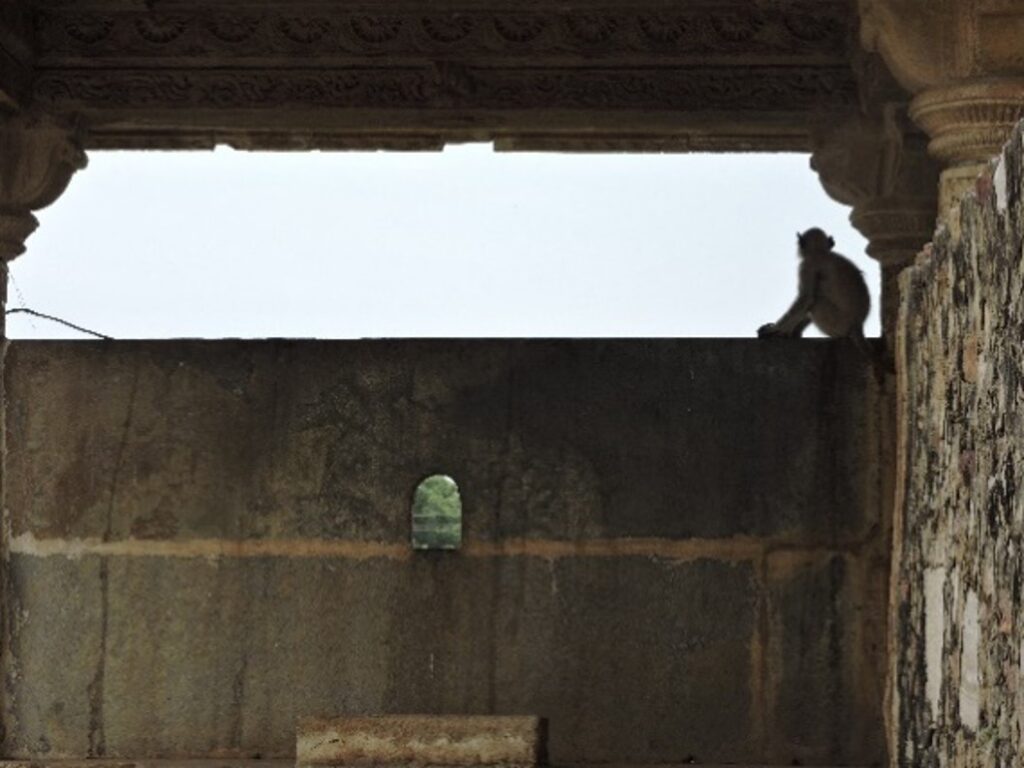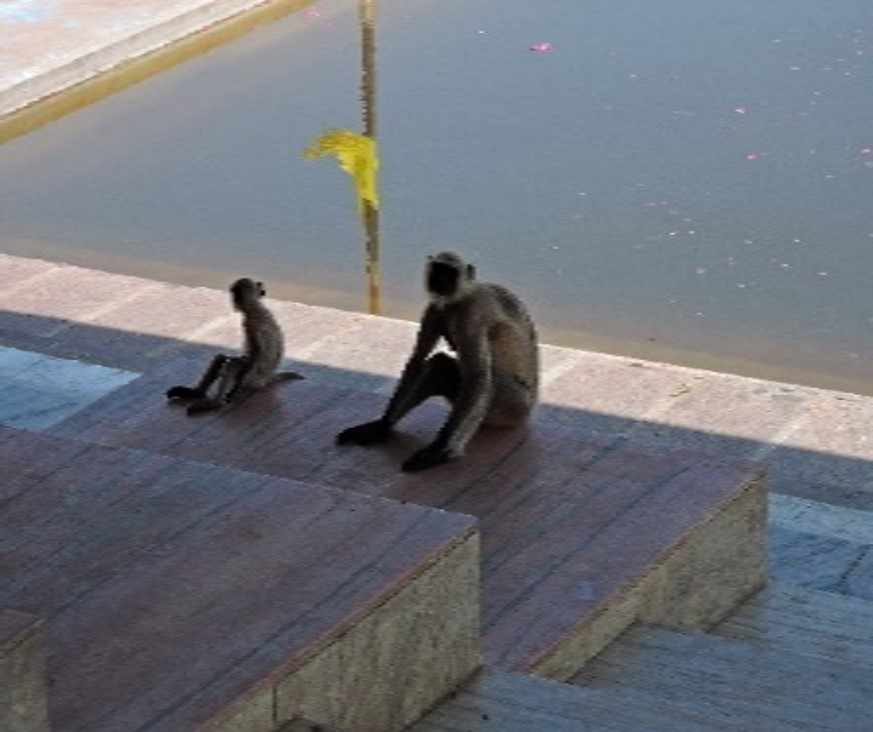
I’d secret names for the men I went out with. Animal names. No, it’s not offensive. It’s scientific. It’s ingenious and poetic too.
Don’t humans share a common ape ancestor with chimpanzees? Don’t all men display certain animal instincts at some time or other in their lives?
It started quiet casually though. At one time, I went on a date with a charming man to a restaurant. We ordered Chinese foods and chit-chatted about Indian movies and Bangla songs. It was all fun and game till the food came. He gobbled down everything in a flash. I looked at him in disbelief. An idiom suddenly came to my mind—eating like a horse. It’s paradoxical though because horses don’t eat voraciously. But who am I to question the validity of an English phrase?
The next guy I dated had large ears, small eyes. It took me ages to explain a simple joke to him. I secretly called him a donkey and wondered why we associate dumb people with this animal.
And then, I met this gorgeous-looking man in my office who dated both me and Sara, my colleague, at the same time and then cheated on us with another woman at the sales department. This time, I had Sara’s wholehearted support when I called him a sly pig.
I made two resolutions on New Year’s Eve: never to date random guys. Never to eat chocolate mousses. I broke them both on Chinese New Year’s Eve and started seeing Abir. A brilliant architect with kind eyes and a great sense of humor.
He was the first man I couldn’t find a name for. We got married soon and moved to our new apartment with two suitcases, full of , muslin, banarasi, katan saris, three big jars of pickles and one cartoon of Tintin comics.
Time flies so fast; five years feel like five brief stories.
When I see my husband and my five-year-old son eating dozens of bananas and jumping up and down while watching football or cricket on television, I fondly call them my naughty monkeys.
__
Photography – Aritra Sanyal
Notes:
- Jamdani is a fine muslin textile produced for centuries in Bangladesh
- Benarasi sari is originally made in Benares, India
- Katan is a type of sari with pure silk threads




























0 Comments